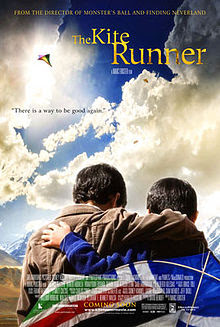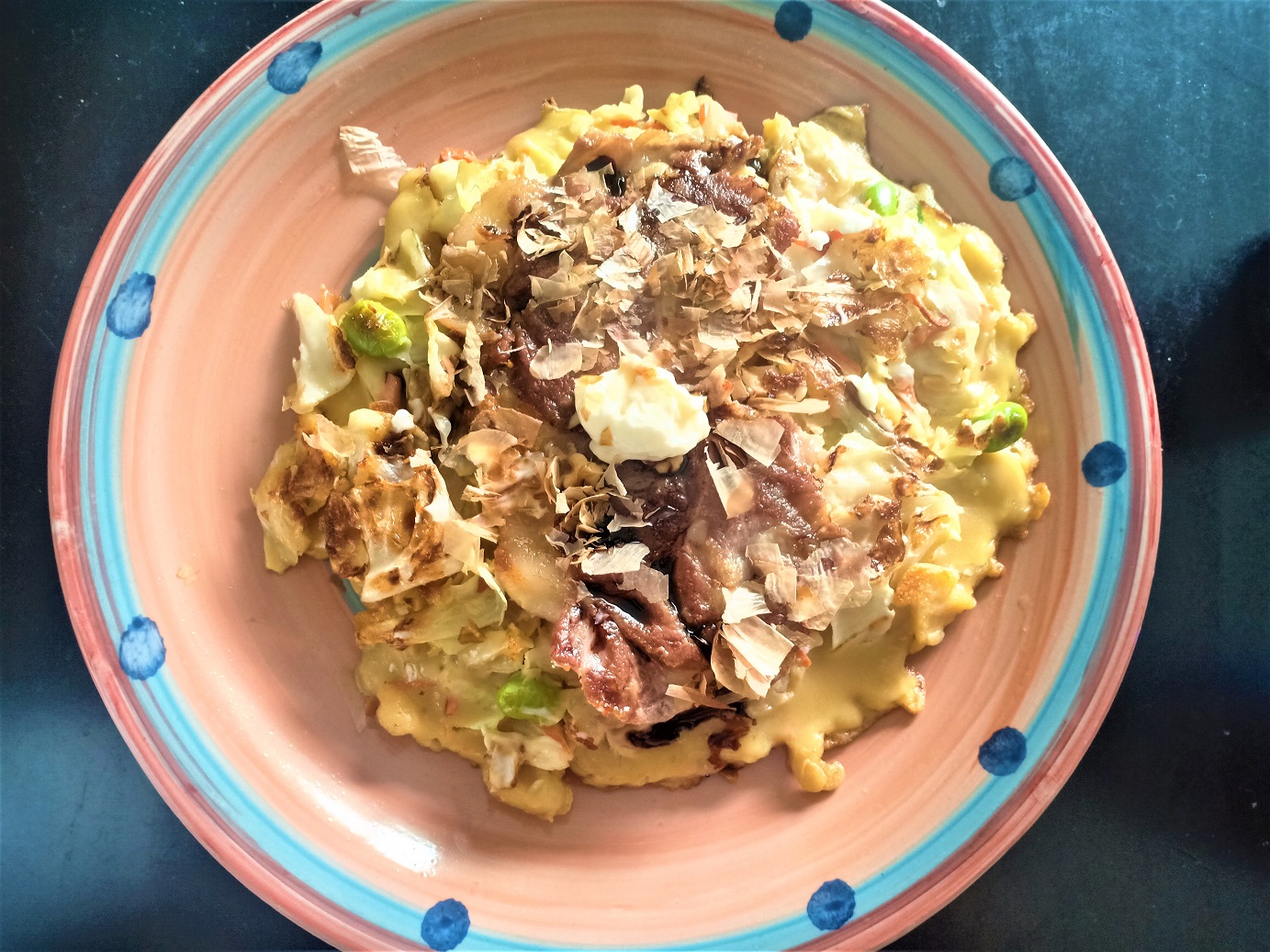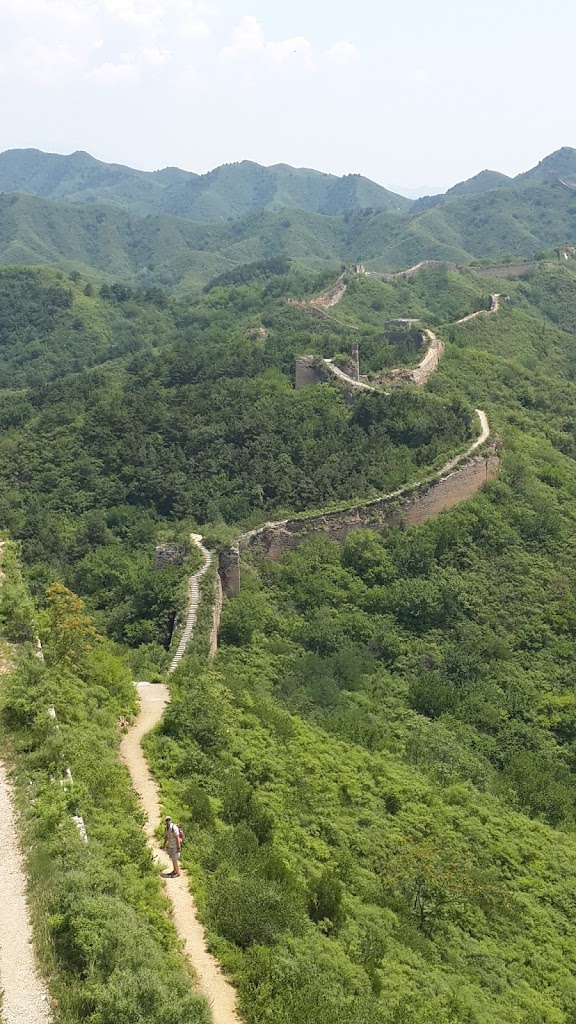 |
| The movie adaptation of the novel “The Kite Runner” released in 2007. |
I randomly chanced upon the movie “The Kite Runner” which was adapted from a novel of the same title authored by Khaled Housseini. I have yet to read the book but I’m planning a get hold of the book soon. The movie was brutally heart-wrenching and yet thought-provocative. Few scenes in the movie struck a chord deep in my heart and piqued so many complicated emotions in me which makes me ponder on issues about the political turmoils and the sufferings of the people in Afghanistan and humanity as a whole.
There was a strong juxtaposition in the people’s lives before the Soviet Union invasion and the Taliban rule. Western influences flourished in Afghanistan prior to the civil wars and the political turmoils.There was freedom in dress codes, people were mostly dressed in Western clothing and most women who lived in the city did not don traditional Afghan garments such as burqas and headscarves; in lifestyles, most affluent men such as Baba, Amir’s father, drink alcohol socially; and in media, Western films and actors were adored by children and adults alike, for example, Amir and Hassan idolised the American actor Steve McQueen and mentioned of his name excitedly several times in the movie. Post Soviet Union invasion and during the Taliban rule, basic human rights were neglected, the nation’s economic development came to a halt, poverty was ubiquitous and women were heavily oppressed and discriminated against.
Morality and righteousness were emphasized and highlighted in the movie; Hassan stood up for Amir when they were confronted by bullies on the street, and when Amir’ father, Baba, stood up against a Russian soldier when he asked to have sex with a child-bearing woman as an exchange for letting them through the military check point. Amir is portrayed as a timid boy who is apprehensive of losing his father’s affection to Hassan. He was ridden by guilt when he didn’t stand up for Hassan which resulted in Hassan being physically (and probably sexually) assaulted by the bullies. Also at the same time, he was caught on by his own jealousy, fearing that he would lose the attention from his father. Hatred for the character Amir built up in me at this point as I felt he was such a coward, a stark contrast from his righteous father and also due to the fact that he tried to frame Hassan despite the fact that Hassan has treated Amir like his own brother. But later on, Amir had redeemed my forgiveness when he braved himself to rescue Hassan’s son from one of the Taliban authorities (which turned out to be one of the big bullies in his childhood). The story ended poignantly, as it ought to in this beautifully-written book. Amir turned to Sohrab (Hassan’s son) and said: “For you, a thousand times over.”as he was running to get the kite for Sohrab; as if he was saying it to Hassan, emancipating himself from the mounting guilt he felt for all these years…


































